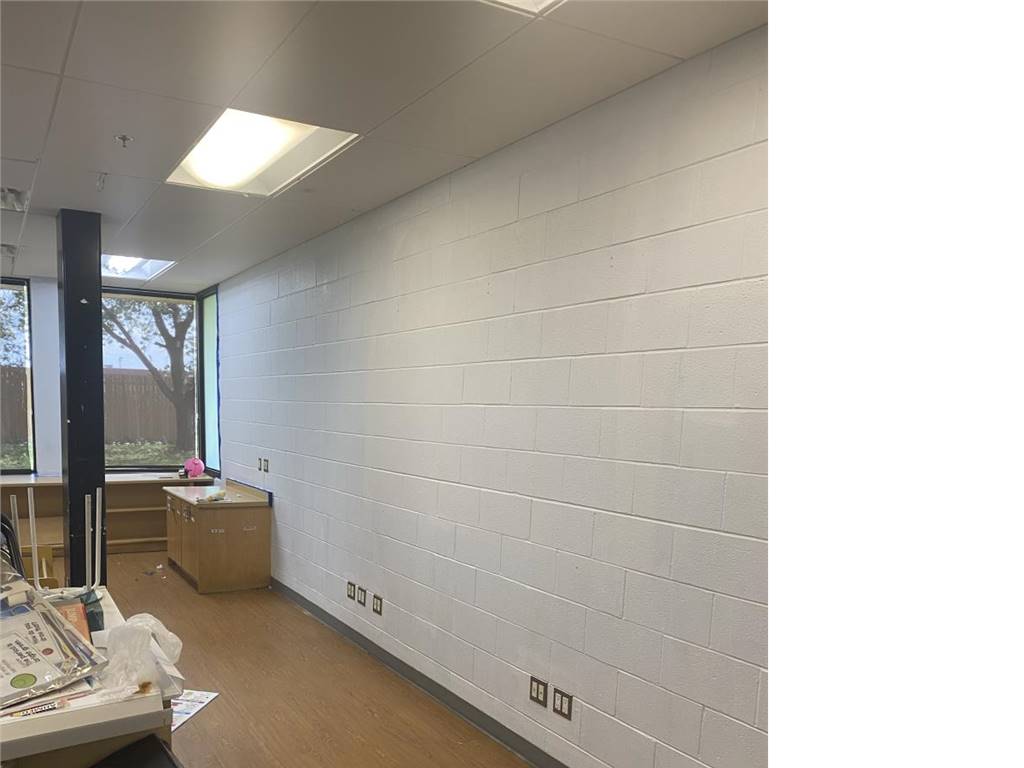
Interior Painting: Before Or After Moving In
Making the decision to paint your home’s interior is a big one. Not only does it affect your wallet, but also your time and mental energy. Once you’ve decided to take on the project, you need to figure out when is the best time to do it: before or after you move in? Keep reading for more information that will help you make this decision.
Should You Paint Your Newly Rented/Bought House?
There are a few reasons why you might want to consider painting your newly rented or bought house. For one, painting can help to freshen up the appearance of the property and make it feel more like your own. Additionally, painting can also help to protect the walls from wear and tear, as well as making them easier to clean in the future. Ultimately, whether or not you paint your rented or bought house is up to you – but it’s definitely something worth considering! Landlords may also have specific requirements or restrictions when it comes to painting, so be sure to check with them before making any changes.
Painting Before Moving In:
There are several advantages to painting your interior before moving in. First, it allows you to personalize your space and make it feel like home. Second, it can help you protect your walls from damage caused by furniture or other household items. Third, it can give you a chance to repair any existing damage to the walls before moving in. Finally, painting your interior before moving in can help you avoid having to deal with paint fumes once everything is already in place.
There are several advantages to painting your interior when the house is empty. First, you'll be able to work more quickly and efficiently without having to work around furniture and other obstacles. Second, you'll be able to avoid any potential accidents or damage that could occur if you were painting with furniture present. And third, you'll be able to get a better sense of the paint color and coverage in an empty room than you would with furniture present. Ultimately, painting your interior when the house is empty can save you time, money, and hassle in the long run.
It can be difficult to get an accurate sense of the color and sheen of a paint job when the walls are bare. So, it's possible that you'll end up with a coat of paint that doesn't quite match your expectations.
In addition, painting before moving in can sometimes lead to problems down the road. For example, if you decide to paint over a darker color with a lighter color, you may find yourself having to repaint sooner than expected because the lighter color will show every flaw and blemish in the wall. Finally, painting before moving in can also create more work for you once you've actually moved in; you'll need to clean all of the painter's tools and supplies from your home before you settle.
Painting your interior walls after you move in has a few advantages. It can help to cover up any damages that may have occurred during the move, it can help to brighten up a room, and it can give your home a new look.
If you're looking to cover up any preexisting damage on your walls, such as scuffs, scratches, or dents, then painting is the perfect solution. A fresh coat of paint can also brighten up a dim room and make it feel more welcoming. And if you're wanting to give your home a brand new look without spending too much money, then painting is the way to go.



